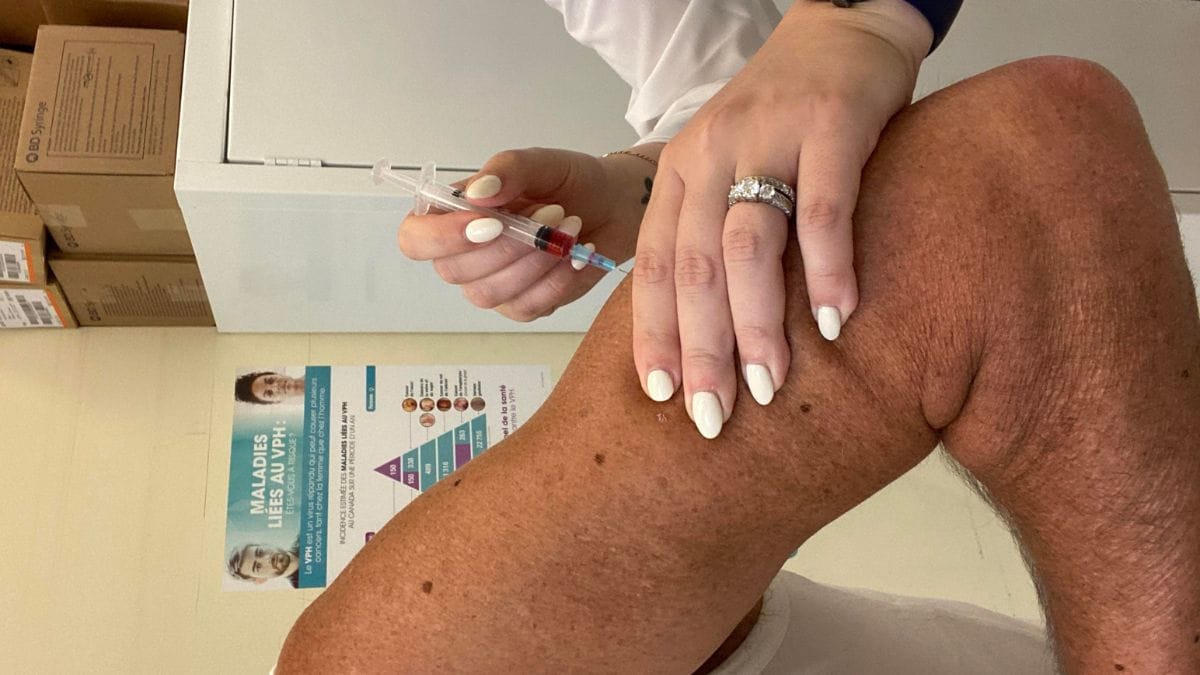Vitamin B12 is one of the most essential nutrients your body needs, yet it’s surprisingly easy to become deficient in it. This vital vitamin supports red blood cell production, nerve health, DNA synthesis, and energy levels.
But if you’ve been diagnosed with a B12 deficiency, one of the first questions that often comes to mind is: How long will it take to recover?
The answer depends on several factors, including how low your B12 levels are, how long you’ve been deficient, your overall health, and the type of treatment you’re receiving. Let’s break down what to expect during the recovery process.
Understanding Vitamin B12 Deficiency
Before discussing recovery, it’s essential to understand what causes B12 deficiency in the first place. This nutrient is primarily found in animal-based foods and dairy. That’s why vegans and vegetarians are at a higher risk of deficiency unless they take fortified foods or supplements.
However, diet isn’t the only reason people become deficient. Other causes include:
- Digestive disorders: Conditions like Crohn’s disease or celiac disease can affect absorption.
- Gastrointestinal surgery: Surgeries such as gastric bypass can reduce the stomach’s ability to process B12.
- Age-related decline: As people age, stomach acid levels drop, making it harder to absorb B12.
- Certain medications: Long-term use of acid-reducing drugs or metformin can interfere with B12 absorption.
Early Symptoms and Why Prompt Treatment Matters
The symptoms of B12 deficiency often develop gradually and may be overlooked or mistaken for other conditions. Common signs include:
- Fatigue and weakness
- Dizziness or lightheadedness
- Pale or yellow-tinted skin
- Numbness or tingling in hands and feet
- Difficulty concentrating or memory loss
- Mood swings, depression, or irritability
How Long Does Recovery Take?
Recovery from vitamin B12 deficiency varies from person to person, but most people start to feel better within a few days to a few weeks after beginning treatment. Here’s what a typical recovery timeline might look like:
1. First Few Days
If you’re severely deficient, your doctor may begin treatment with B12 injections or high-dose oral supplements. Some people notice an improvement in energy and mood within the first few days. Others may take a bit longer, depending on how depleted their stores were.
2. After 2 to 4 Weeks
By this time, your blood B12 levels begin to normalize. You’ll likely notice less fatigue and improved concentration. The body’s red blood cells start regenerating, which boosts oxygen delivery to your tissues and helps you feel more energetic.
3. 1 to 3 Months
Most symptoms related to mild deficiency, such as tiredness and shortness of breath, typically resolve within this period. However, neurological symptoms like numbness, tingling, or balance issues may take longer because nerve healing is a slower process.
4. 6 to 12 Months
In cases where the deficiency has been present for a long time, especially with nerve involvement, full recovery may take up to a year. Some nerve damage can become permanent if not treated early enough, highlighting the importance of timely diagnosis.
Factors That Influence Recovery Time
Every person’s journey to recovery is unique. Several factors can affect restoring normal B12 levels and feeling like yourself again:
- Severity of deficiency: The lower your initial B12 levels, the longer it will take to rebuild them.
- Duration of deficiency: Long-standing deficiencies can cause nerve damage that takes months to heal.
- Age and health status: Older adults or individuals with chronic conditions may recover more slowly.
- Absorption issues: If your deficiency is caused by malabsorption or pernicious anemia, you might need lifelong supplementation or injections.
- Treatment method: Injections typically raise B12 levels faster than oral supplements, especially in people with absorption problems.
How Treatment Works
Treatment depends on what caused the deficiency. The two most common methods include:
1. Vitamin B12 Injections
Doctors often prescribe intramuscular injections of B12 for people who have absorption issues or very low levels of B12. Injections bypass the digestive system, allowing direct absorption into the bloodstream.
2. Oral Supplements
For those who can absorb B12 normally, high-dose oral tablets or sublingual drops can effectively restore levels. Over-the-counter supplements are available, but it’s best to follow your doctor’s dosage recommendations.
3. Dietary Adjustments
In addition to supplementation, it’s essential to include foods rich in B12, such as salmon, beef, chicken, eggs, and dairy. Vegans can choose fortified cereals, plant-based milks, or nutritional yeast as good alternatives.
What to Expect During Recovery
Recovery from B12 deficiency is not just about lab results improving — it’s about how your body feels and functions. Here’s what most people experience during recovery:
- Energy Returns: One of the first signs of improvement is increased energy and reduced fatigue.
- Better Mood and Focus: Many people report feeling mentally sharper and emotionally balanced after treatment begins.
- Improved Nerve Health: Tingling and numbness may gradually lessen, although this can take months.
- Healthier Appearance: As red blood cell production normalizes, your skin tone may improve, and dark under-eye circles may fade.
It’s also important to follow up with your healthcare provider for regular blood tests to ensure that your B12 levels remain stable.
Preventing Future Deficiencies
Once you’ve recovered, preventing recurrence is key. Depending on your situation, your doctor might recommend:
- Consider routine supplements, especially if you have absorption issues or follow a vegan diet.
- Balanced diet: Include natural or fortified B12 sources regularly.
- Regular checkups: Monitor B12 and other essential vitamin levels annually.
Staying proactive ensures your energy, mood, and nerve function remain in good shape.
When to Seek Medical Advice
If you’ve completed treatment but still experience fatigue, numbness, or cognitive issues, it’s essential to revisit your healthcare provider. There might be other underlying causes, like thyroid problems, folate deficiency, or chronic illness, contributing to your symptoms.
Final Thoughts: Supporting Your Health with YA Medical
Recovering from vitamin B12 deficiency takes time, patience, and proper care. Most people see improvement within weeks, but full recovery may take several months, especially for nerve-related symptoms. Staying consistent with your prescribed treatment, eating a balanced diet, and following up with your healthcare provider can make a world of difference.
At YA Medical, your health and recovery are our top priorities. Whether you need expert advice or ongoing care, YA Medical is here to help you feel stronger, healthier, and more energized every day.


